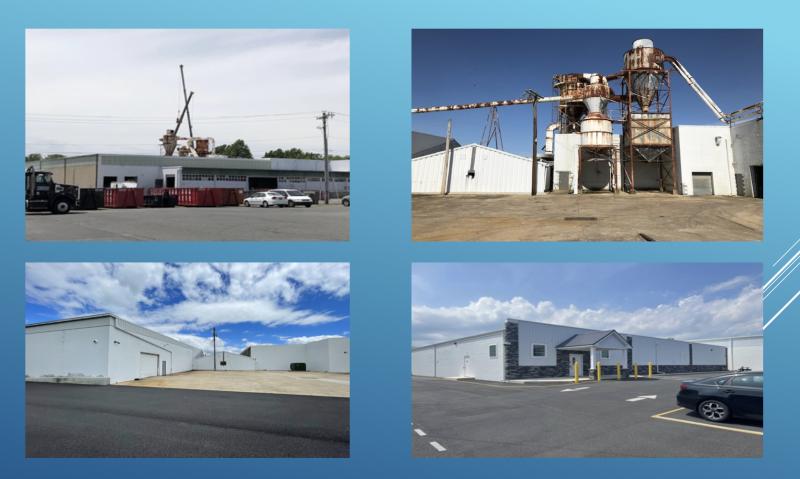Sussex will have hearings on marijuana regulations
Sussex County Council has introduced an ordinance to regulate the cultivation, manufacturing, testing and sale of marijuana in unincorporated areas in the county.
“Under the law, the county can regulate but not prohibit them. We can determine where they should go and where they shouldn’t go,” said assistant county attorney Vince Robertson during a Feb. 6 presentation.
Robertson said staff will place the draft ordinance on agendas for future planning & zoning commission and county council meetings.
House Bill 1 makes recreational marijuana legal for adults 21 and over to possess, use, purchase and transport. It’s not legal to consume in public or in moving vehicles, and only state-licensed facilities can sell, grow or manufacture marijuana.
House Bill 2 creates the Office of Marijuana Commissioner, creates a timeline, establishes rules and regulations and enforcement of the regulations, authorizes 125 licenses and establishes a 15% sales tax.
Proposed ordinance
Under the county’s proposed ordinance, cultivation and manufacturing facilities would be a permitted use in seven zoning districts, which would not require a public hearing.
Retail stores would only be permitted in C-3 zoning districts and would require a conditional-use application filed with the county, which is subject to planning & zoning and county council public hearings.
Other proposed restrictions on retail stores include:
No retail store within three miles of a town or city boundary, within three miles of another marijuana retail store or within three miles of a church, school, college or substance abuse treatment facility. Proposed hours would be 7 a.m. to 9 p.m.
Retail establishments must meet county zoning regulations before the state can issue a license.
The proposed ordinance permits cultivation, manufacturing and testing facilities in the following zoning districts by right: AR-1, C-1, CR-2, C-3, and industrial districts. No distance requirements are included in the draft ordinance.
A say in the regs
Councilman John Rieley questioned why a conditional-use application would not be required for all facilities.
Robertson said the facilities would be inside enclosed buildings. In addition, he said, the facilities would be regulated by state officials with rigorous testing requirements. “People would not know what was happening next door,” he said. “And we don’t regulate crops grown in Sussex County.”
“This is being forced on us by the General Assembly, and I would rather have some say,” Rieley said.
Robertson said county officials would have final say under the conditional-use process. “This is not set in stone. We need public input,” the attorney added. “I suspect that changes will be made.”
Councilman Mark Schaeffer asked how the new law impacts existing medical marijuana establishments. “There will be no distinction between medical and recreational marijuana. This will not interfere with existing licenses,” Robertson said.
Under the law, the following licenses will be issued: 60 for cultivation facilities beginning Nov. 1; 30 for manufacturing facilities beginning Dec. 1; 30 for retail stores beginning March 1, 2025; and five for testing facilities beginning March 1, 2025.



















































